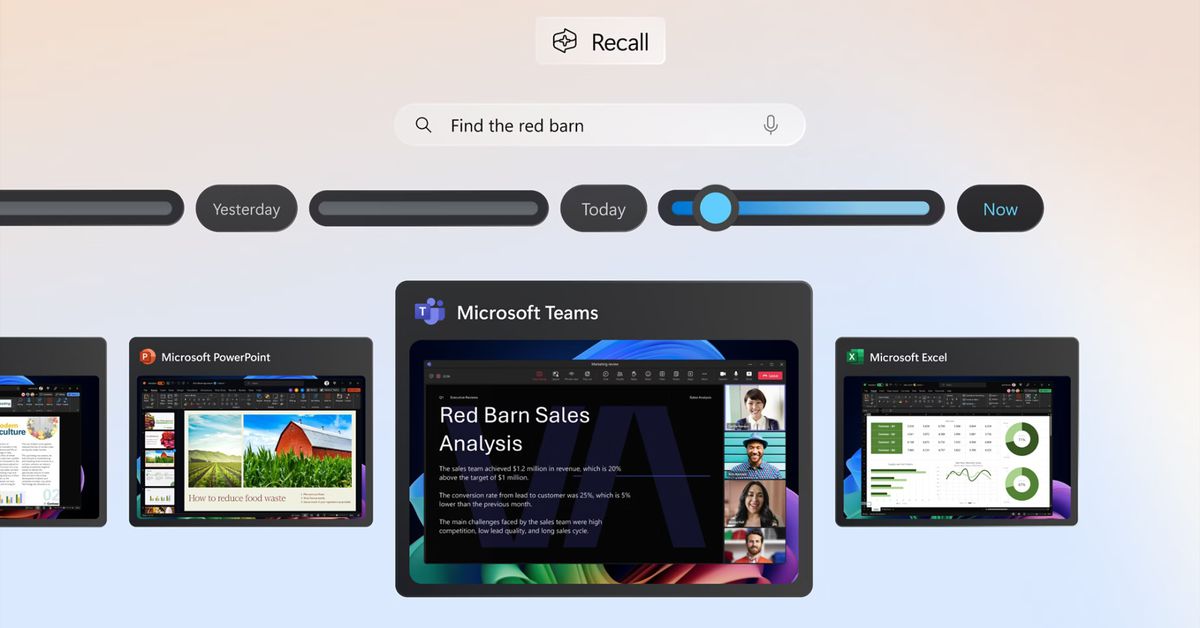As a technology columnist specializing in AI and emerging tech trends, I’m excited to introduce you to a groundbreaking approach in the world of video game design: Procedural Content Generation via Knowledge Transformation (PCG-KT). This innovative method has the potential to transform the way we create and experience video games by leveraging AI to transform and blend knowledge from different domains.
What is Procedural Content Generation (PCG)?
In the ever-expanding universe of video games, designers are constantly seeking ways to create engaging and immersive experiences for players. One technique they use to achieve this is Procedural Content Generation (PCG). Simply put, PCG is an automated way of creating game elements like levels, characters, and objects using algorithms and mathematical models, rather than relying on manual, handcrafted design.
Traditional PCG Techniques
PCG has been used in various forms to enhance game experiences, making them more dynamic, unpredictable, and unique. Traditional PCG techniques include search-based methods, which involve exploring a vast space of possible game content, and machine learning-based approaches, where AI models learn to generate content by analyzing existing examples.
Introducing Knowledge Transformation in PCG
Now, let’s explore the new approach: Procedural Content Generation via Knowledge Transformation (PCG-KT). This innovative method goes beyond traditional PCG techniques by focusing on transforming knowledge from one domain to another, opening up a whole new realm of possibilities in game design.
Imagine a game where the levels, characters, and gameplay elements are not just randomly generated, but instead, are crafted by combining knowledge from various game genres or even entirely different domains. This is the power of PCG-KT.
Examples of Blended Game Levels Generated Using PCG-KT
The following examples demonstrate the potential of PCG-KT in generating innovative game content:
| Blended Level | Influenced by |
| — | — |
| | Super Mario Bros. (Platformer) |
| | Kid Icarus (Action-Adventure) |
| | Mega Man (Action) |
The blend labels under the third row indicate the degree of influence from each game in the generated segments.
The Potential of PCG-KT
PCG-KT has the potential to revolutionize the way we create and experience video games. By transforming knowledge between domains, designers can generate entirely new game worlds that blend genres, creating unique and engaging experiences for players.
For instance, imagine combining the mechanics of a classic platformer game like Mario with the lock-and-key progression of an adventure game like Zelda, resulting in a brand-new metroidvania gaming experience. This is just one example of the countless possibilities that PCG-KT unlocks.
The Future of PCG-KT: Innovative Research Directions
In their research paper, the authors emphasize the potential of PCG-KT in revolutionizing the way games are created and experienced. They outline several exciting research directions that could further enrich the field of PCG-KT:
- Better Evaluation Techniques: The need for better evaluation techniques to assess the quality and effectiveness of knowledge transformation in the generative process.
- Extending PCG-KT Methods to Multiple Game Genres: Exploring ways to incorporate multiple game genres, enabling researchers to generate novel gameplay experiences that could lead to entirely new game genres.
- Hybrid Approaches: Combining various models and techniques in the knowledge transformation process to extract and transform knowledge in innovative ways.
Challenges and Future Directions
While PCG-KT holds great promise, there are challenges to overcome:
- Developing better evaluation techniques for assessing the quality of generated content
- Extending the approach to multiple game genres
- Creating user-friendly design tools that allow even non-experts to harness the power of PCG-KT
However, as researchers continue to push the boundaries of PCG-KT, we can expect to see a new wave of innovative and exciting gaming experiences emerge.
Conclusion
Procedural Content Generation via Knowledge Transformation (PCG-KT) is a groundbreaking approach that leverages AI to transform and blend knowledge from different domains. With its potential to revolutionize the way we create and experience video games, PCG-KT is an area worth exploring further.
References:
- Anurag Sarkar, Matthew Guzdial, Sam Snodgrass, Adam Summerville, Tiago Machado, Gillian Smith (2023). Procedural Content Generation via Knowledge Transformation. arXiv preprint arXiv:2305.00644.
Stay tuned for more updates on this exciting development in the world of video game design!



